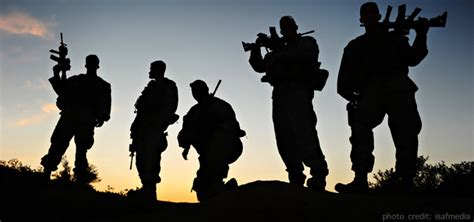By Luke Allen
Military, Political Analyst
lukeallenmanila@journalist.com
In a startling turn of events in the Middle East, Israel carried out a series of precision airstrikes on Iranian military installations across the Middle East, following a missile attack on Israeli territory. The daring operation, which reportedly circumvented Syrian and Iranian air defenses, has heightened regional tensions and drawn international attention to the volatile situation.
The chain of events began when Iran launched a barrage of missiles targeting Israeli positions from Syrian, Lebanese and Iranian territories. Then in a swift and decisive response, Israeli fighter jets managed to penetrate Syrian and Iranian air defenses, striking key Iranian military assets across the area. The strikes were aimed at degrading Iran’s military capabilities and deterring future attacks on Israeli soil.
Israeli Prime Minister Benjamin Netanyahu condemned the Iranian aggression, stating, “Israel will not tolerate threats to our security and will respond with strength and determination to protect our citizens.”
The audacious Israeli operation caught the attention of global leaders, with many expressing concerns over the potential for a wider conflict in the region. The United Nations has called for restraint and dialogue to prevent further escalation and preserve regional stability.
Meanwhile, Russia, a key ally of both Syria and Iran, has closely monitored the escalating situation. Russian President Vladimir Putin supported Iranian proxies in the region, by trying to protect Iranian military shipments, in return for military hardware to fight the Ukraine war. Once Israeli retaliatory strikes started, Putin was forced to re-assessed the impact of an Israeli / Iran war on its own military supplies destined for Ukraine. Recognizing the potential implications of continued hostilities in the region, Russian officials have reportedly exerted pressure on Iran to halt its provocative actions in middle east to avoid jeopardizing critical war supplies.
Russian President Vladimir Putin is said to have conveyed concerns to Iranian leadership about the risks of escalating tensions and the need for de-escalation to avert a broader conflict with unintended consequences.
The diplomatic maneuvering between Russia and Iran underscores the complex geopolitical dynamics at play in the Middle East and the interconnected interests of major global powers in the region. The situation remains fluid, with the potential for further developments as stakeholders navigate the delicate balance of power and interests in the region.
As the world watches with apprehension, the focus now turns to whether diplomatic efforts will succeed in defusing the crisis and averting a larger confrontation or if the region will be plunged into a new phase of instability with far-reaching ramifications.
